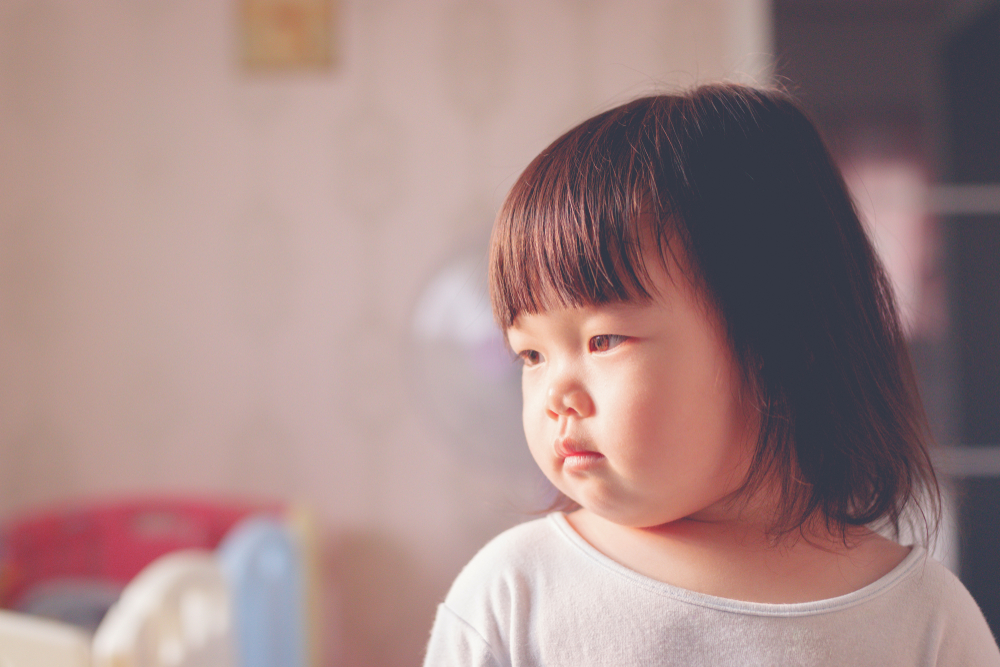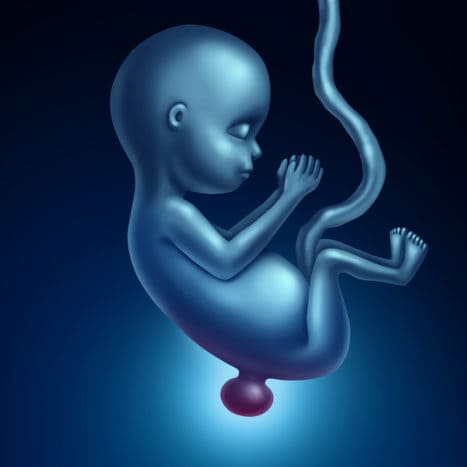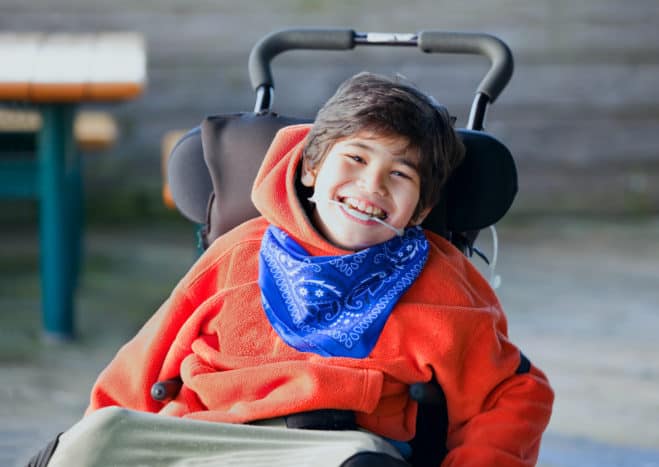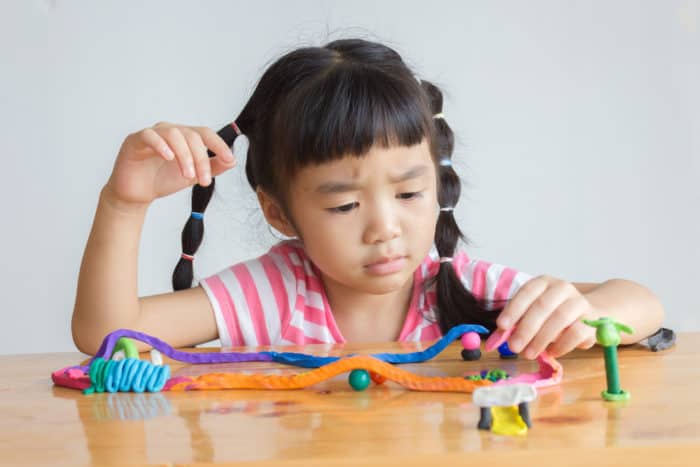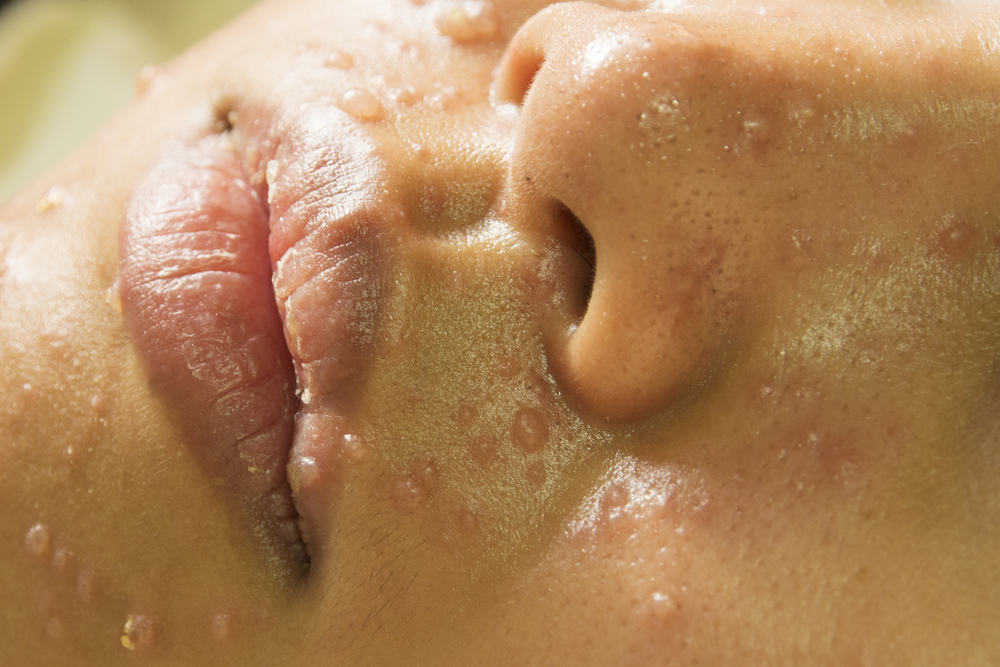Contents:
- Medical Video: Play and Personality. 1958 documentary on children of neurotic mothers
- Various neurological diseases in children
- 1. Spina bifida
- 2. Epilepsy
- 3. Hydrocephalus
- 4. Cerebral palsy
- 5. Autism
Medical Video: Play and Personality. 1958 documentary on children of neurotic mothers
Neurological diseases or neurological disorders are conditions when a part of the brain or nervous system does not work properly. This condition then affects the child's growth and development which results in certain symptoms; both physically and psychologically, depending on the part of the brain and which nerves are disturbed. Neurological diseases include cases that are quite common in the age of children. To recognize the types of neurological diseases in children, see the following review.
Various neurological diseases in children
The following are various neurological diseases that can attack children, namely:
1. Spina bifida
Spina bifida is a condition of abnormality that occurs when the spine and spinal cord are not perfectly formed. This condition is congenital and can occur until the child enters school age.
Babies with spina bifida usually fail to develop a partial nerve tube or tube that does not close properly. As a result, the spine and spinal cord can be damaged. The neural tube is part of the embryo which then develops into the brain and spinal cord and surrounding tissue.
This condition can be mild or even very severe, depending on the type of damage, size, location, and complications that occur. The signs and symptoms of this neurological disease depend on the type and severity. One type of spina bifida is classified as mild and the child can still grow normally. However, other types can cause paralysis. In fact, the symptoms can also be different for each child.
The risk of children experiencing spina bifida can increase because the mother lacks folic acid intake during pregnancy, family history with spina bifida, and consumption of drugs such as valproic acid during pregnancy.
2. Epilepsy
Epilepsy is a neurological disorder characterized by recurrent seizures. Usually this condition is caused by abnormal electrical activity in the brain due to heredity, head injury, and brain problems. In children, epilepsy can cause various problems in the ability to control muscles, language skills, to memory and learning abilities.
Epilepsy has quite varied symptoms but usually this condition is characterized by:
- Loss of consciousness
- Sudden hand and foot movements
- The body becomes stiff
- Respiratory disorders
- Eyes blink quickly while staring at one point
3. Hydrocephalus
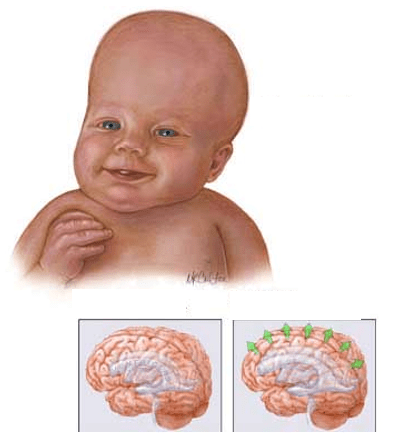
The next neurological disease in children is hydrocephalus. Hydrocephalus is a condition when a child experiences a buildup of cerebrospinal fluid in the cavity in the brain. As a result, the head experiences excess fluid and enlarges its size to finally put pressure on the brain. This condition then damages brain tissue and causes various brain function disorders.
When a child has hydrocephalus, symptoms usually look like:
- The head size is much larger than a normal child.
- The presence of a prominent soft head (fontanel) at the top.
- The eyes are always fixed down.
- Poor body growth and development.
- Throws up.
- Balance becomes unstable.
- Appetite decreases dramatically.
- Weak and weak helpless.
- Seizures
4. Cerebral palsy
Cerebral palsy is a disorder that affects the muscles, nerves, movements, and motor abilities of children to be able to move in a coordinated and directed manner. The condition that has another name for cerebral palsy is generally caused by brain damage that occurs before the baby is born.
The various symptoms that will be shown when a child has cerebral palsy are:
- Muscles are too stiff or weak to droop.
- Lack of muscle coordination.
- Often experience tremors or involuntary movements.
- Movement is done slowly.
- Slow motor skills such as the ability to sit and crawl.
- Having trouble walking.
- Production of excess saliva and swallowing problems.
- Having trouble sucking or chewing food.
- Ability to speak late.
5. Autism
Autism is a neurological disorder and development that starts in childhood and lasts a lifetime. Conditions that attack the nervous system in the brain make it difficult for children to understand the world around them. Children will experience various delays in talking, playing, and interacting with others.
Usually, children with autism experience some signs that can be clearly seen such as:
- Don't make eye contact when you're interacting with it.
- Not responding when called.
- Make noises to attract your attention.
- Has no interest in interacting with other people.
- Having trouble expressing something.
- Do not understand the directions or instructions that you provide.
Various neurological diseases in these children can be treated as early as possible if you suspect there is a child through symptoms caused. With early treatment, doctors will recommend various treatments and therapies that can help support their development and growth.

